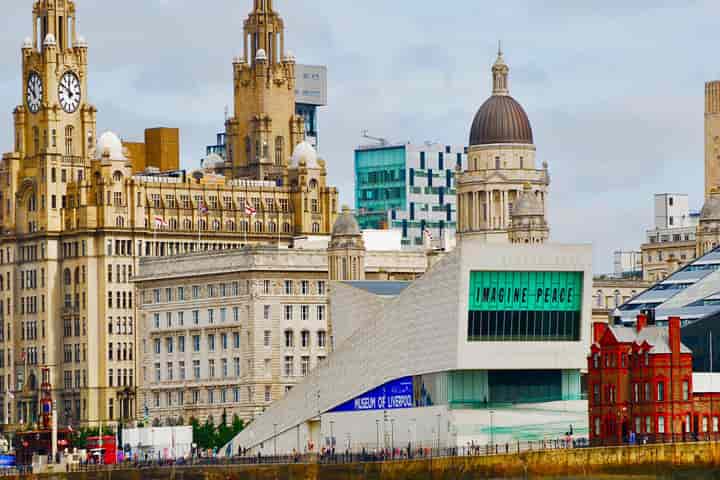In an interesting move, the United Nations Educational, Scientific and Cultural Organization (UNESCO), has removed Liverpool from its list of world heritage sites. The decision was taken at international body’s World Heritage Committee through a secret ballot.
The decision to strip to Liverpool of its World Heritage was taken through voting in a secret ballot on July 21 (Wednesday) at meeting held in Fuzhou, China. The reason attributed to this removal was the developments in the city centre and on its River Mersey waterfront, according to a report in aljazeera.com.
According to WHC projects in Liverpool, like the new stadium for Everton, a local football club, were “detrimental to the site’s authenticity and integrity”. It added that this had led to “irreversible loss of attributes”.
The city’s elected representatives were dismayed and outraged by the decision of the international body. The last UNESCO officials visited the city was a decade ago.
Reacting to this decision, Joanne Anderson, British Labour politician and Mayor of Liverpool since May 2021, described the move “incomprehensible”.
She said: “I’m hugely disappointed and concerned. Our World Heritage site has never been in better condition having benefitted from hundreds of millions of pounds of investment. But, whatever happens, Liverpool will always be a World Heritage city. We have a stunning waterfront and incredible built heritage that is the envy of other cities.”
The city was designated as World Heritage Site in 2004 along with other landmarks like the Taj Mahal, the Great Wall of China, and the Leaning Tower of Pisa.
The city, which boasts of the hometown of the world’s popular rock band Beatles was included in the list for its architectural beauty and also because of its importance as a one of the world’s vital ports in the 18th and 19th centuries.
Other sites which have earlier faced the ignominy of being delete from the list are a wildlife sanctuary in Oman in 2007 and the Dresden Elbe Valley in Germany in 2009. The former lost the status due to poaching and habitat loss while the latter was removed when a four-lane bridge was built over the river.
By making it to the World Heritage List, these places get funding from United Nations for conservation and also getting included in guidebooks for the tourists.
Before taking this decision, the Committee took into account the report filed by experts. This report stated that “inadequate governance processes, mechanisms, and regulations for new developments in and around the World Heritage property” had resulted in “serious deterioration and irreversible loss of attributes”.
The Metro Mayor of the Liverpool City Region, Steve Rotheram, called UNESCO’s decision as “a retrograde step that does not reflect the reality of what is happening on the ground”.
“Many of the sites cited by UNESCO are in communities sorely in need of investment. Places like Liverpool should not be faced with the binary choice between maintaining heritage status or regenerating left-behind communities – and the wealth of jobs and opportunities that come with it,” he said.




















